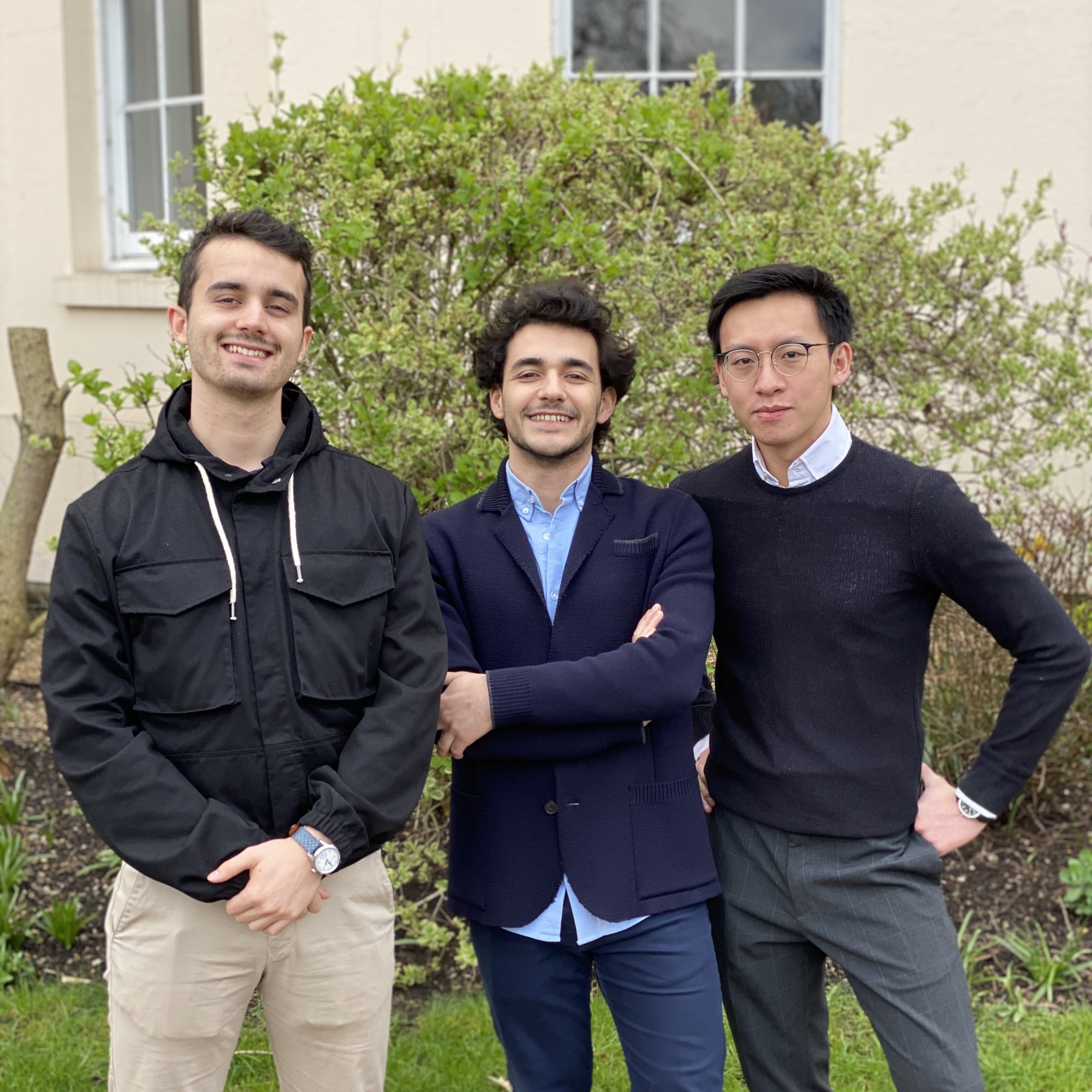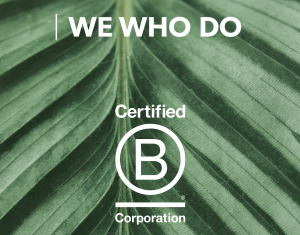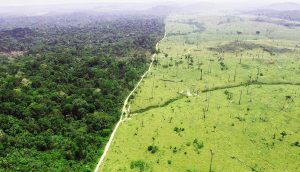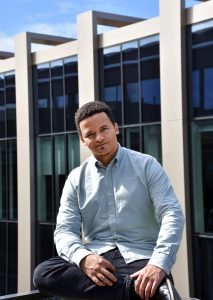Q: Where did the idea for Treeapp come from?
Jules: Myself, Godefroy and Leo are the three co-founders and we met whilst studying together at London Business School. Motivated to make an impact, we were faced with three main barriers to generating impact: time, capital and complexity. Looking at the act of planting a tree for instance, we were curious as to how that actually translates into environmental impact. The idea behind Treeapp was to create a solution that relinquished those three barriers and opened up meaningful climate action to everyone everywhere. So what is Treeapp? It’s a mobile app that enables anyone to plant a tree for free, every day, in less than a minute.
Q: How does the process work? How are you ensuring these trees sequester the carbon that they are calculated for throughout their lifetime?
Jules: When you plant a tree you’re looking at years of growth before the tree actually absorbs the maximum capacity of CO2 that it is held accountable for sequestering in offsetting terms. So in reality, you have to consider two different phases – the planting and monitoring.
There’s a real science to planting trees: we work with a team of tropical forestry experts to select our planting partners based on three main pillars. On the most basic level, the local partners need to have sufficient experience planting trees and own the land they are planting on to protect them from deforestation. Secondly, we consider where we want to have an impact and determine the objectives of each of our planting sites. The trees we are planting in Indonesia, for instance, are helping reduce the risk of flooding, while in Haiti we are planting fruit trees which will eventually provide a source of income for local communities. On the back of that, we also look at the type of trees we are planting to protect biodiversity. We aim to plant at least 5 endemic species per location (except in our mangrove sites). Finally, we consider the way we plant trees: our trees are grown in tree nurseries for 3 – 6 months, increasing their survival rate by 80% once planted.
When it comes to the monitoring stage, we work very closely with our partners. We catch up regularly and make sure to get photos and videos of the projects to ensure crops are growing as they should. Some partners have their own innovative tools to monitor tree happiness. One of our partners uses noise sensors in the forest to detect suspicious noises and send alerts to the local team. The health and happiness of our trees is really at the core of what we do – this is the only way we can make sure we are having the impact we are promising.
Q: You’ve recently released your 2020 Impact Report. What are some of your personal highlights?
Jules: Easy! My highlight is the incredible milestone of 400,000 planted trees in our first year, about the size of Monaco! We pride ourselves on the social impact we have; the local communities that we have empowered and the jobs we’ve been able to create. Some of our partners have specific social goals, such as our women-led project in Ethiopia. We are so proud to be a part of this!
Q: As I’m sure you’re aware, tree-tracking start-ups are surging as climate pledges take root. What is it that makes Treeapp different from other carbon offsetting apps?
Jules: Our goal is twofold – we want to plant millions of trees but we also want to influence and change our users’ consumer habits. We enable our users to discover sustainable alternatives and brands on the platform, hoping to encourage more conscious consumption habits. We have a unique discovery tool and are also quite uniquely entirely free and super user friendly. For an average UK citizen, you only need to plant 4 trees a week on Treeapp to offset your carbon footprint!
Q: What are you working on at the moment and where do you see Treeapp going in the next few years?
Jules: We’ve recently rolled out a subscription service which lets users plant a set number of trees every month. We are also working directly with brands to plant trees for every purchase made through their e-commerce platforms, which is a great way to reiterate their commitment to sustainability. We also released a new solution that allows brands to select a tree-planting subscription via our website, with flexible monthly scoping.
Q: Is there a sacrifice you’re making in terms of your business model when encouraging people to reduce their carbon footprint as there might be less of a demand for consumers to offset with Treeapp?
Jules: Offsetting is great but the final goal should always be to reduce – that’s what ultimately has the most impact in terms of halting global warming! For now, we want Treeapp to be an easy option for people to do their bit for the environment. In the future, we see the app evolving and adapting according to the carbon savviness of our users, offering continuously newer and advanced services. We envision reaching a point at which our users have reduced their carbon emission so much, they have no need to offset anymore – but that is still a long way away, and until then, we are hoping to make climate action accessible, easy and meaningful for anyone!
Treeapp is a valued member of our sustainable start-up community. To find out more, explore membership options here








